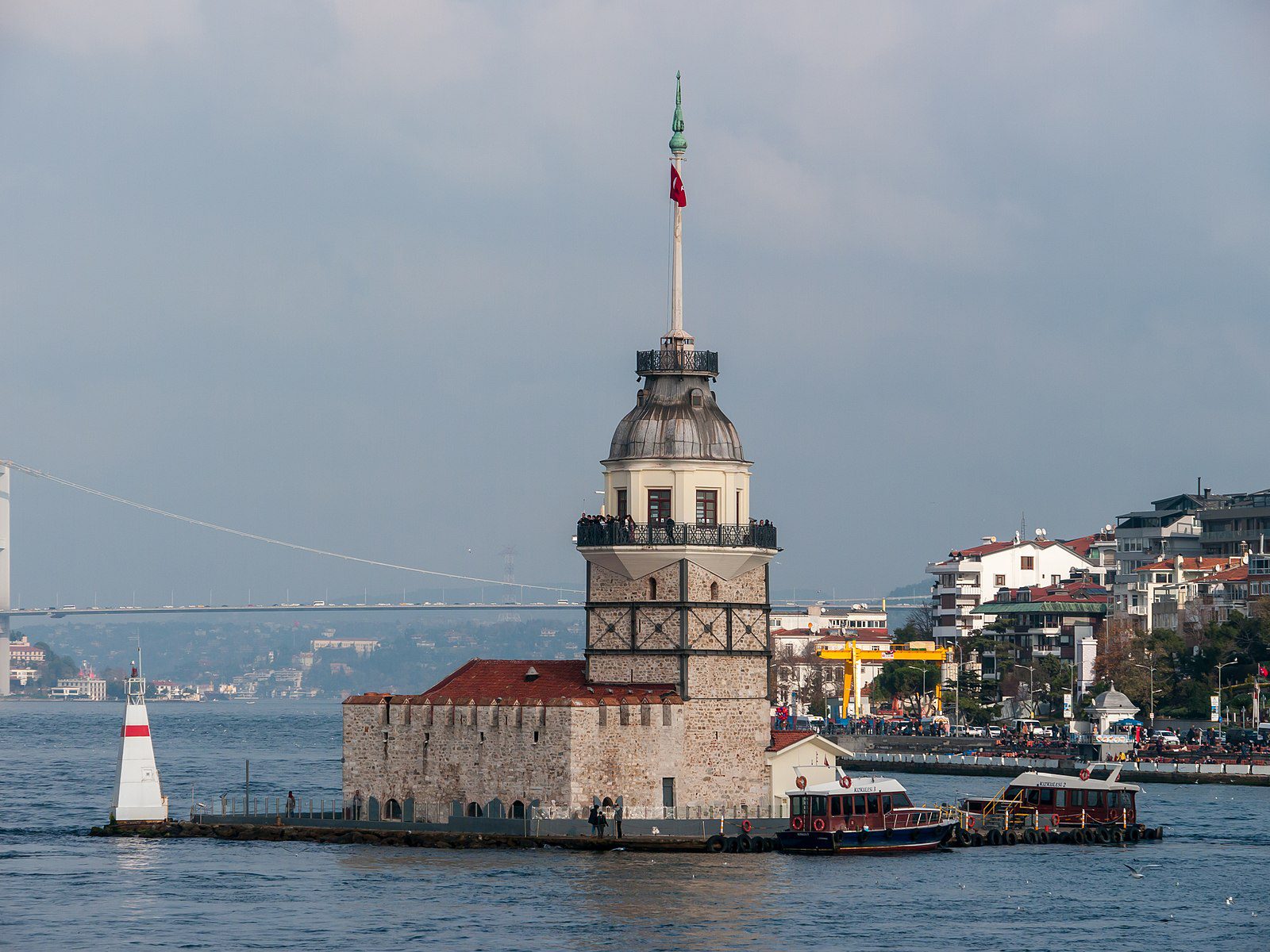
Turkey’s President Erdoğan has called elections for the 14th of May, a month earlier than was previously scheduled. He announced this decision at a youth conference in the province of Bursa, attributing the change to a desire to avoid holding elections during the June holidays. European as well as American commentators speculate however that the change in date is politically motivated, and that the given reason is disingenuous. Poor polling suggests Erdoğan could have a number of motivations for accelerating the elections, both legal and political.
If Erdoğan calls an early election, he will be entitled to run for a third term in 2027. Article 116 of the Turkish constitution states that if the President calls an early election in his second term, he can run again despite the two-term limit.
The timing of the election also allows Erdoğan and his Justice and Development Party (AKP) to take advantage of electoral reforms that will come into effect in April. These reforms will benefit medium-sized parties such as Erdoğan’s coalition partner, the ultranationalist MHP (Nationalist Movement Party), but will disadvantage the six very small parties in the opposition group, the Nation Alliance.
Politically, the move could be part of a greater strategy to put pressure on the opposition and exacerbate their divisions. Since the 2016 coup attempt, Erdoğan’s regime has been no stranger to weaponising the court system and other state institutions against political rivals. The latest example is the political ban and a corruption case against Istanbul’s Mayor Ekrem İmamoğlu. With many connections to the business community, and appealing to the more conservative Sunni voters who constitute the main support base of Erdoğan’s AK Party, İmamoğlu is a strong challenger and a good presidential candidate for the CHP (Republican People’s Party), the biggest party in the Nation Alliance.
Another recent example is the threat to outlaw the Kurdish HPD (Peoples’ Democratic Party) party for alleged connections to the terrorist-labeled Kurdistan’s Worker Party (PKK). Speaking to the Economist, the founder of a Turkish polling firm speculated that this is a move to pressure the HDP to declare a separate presidential candidacy to the main opposition, and this appears to be vindicated by their announcement last weekend to do just that. This is believed by commentators to ensure that the Kurdish and Turkish wings of the opposition remain separate.
Moving the election a month forward will now put pressure on the Nation Alliance. Their main presidential candidate, the CHP’s Kemal Kılıçdaroğlu, forces a tough choice on them. His ethnic Kurdish and Alevi roots may attract Kurdish voters, but may also alienate their more hardline nationalist supporters. The six-party Nation Alliance is scheduled to hold talks on January 26th to attempt to achieve the consensus they need.
Erdoğan has seen a steady decline in popularity, believed to be a consequence of Turkey’s long spun-out economic crisis which has been unravelling since the spring of 2018. While he still holds the lead for the first round of the presidential election, he is unlikely to receive the 50% needed to win outright, and polls show him losing in the second round. The only certainty is that this vote will come down to the wire.
